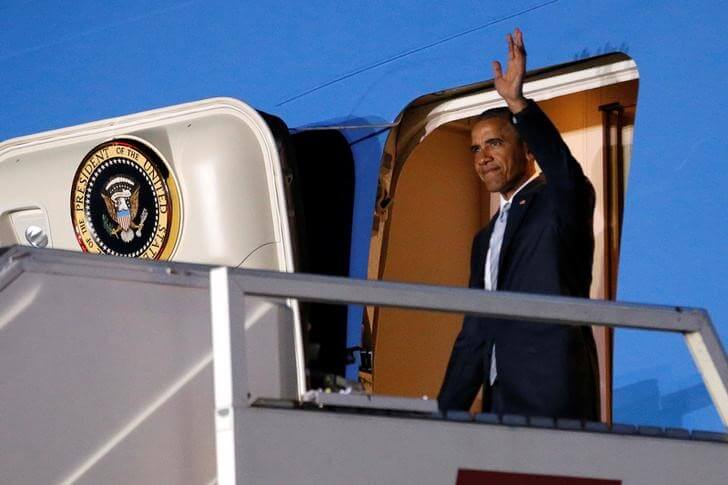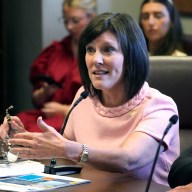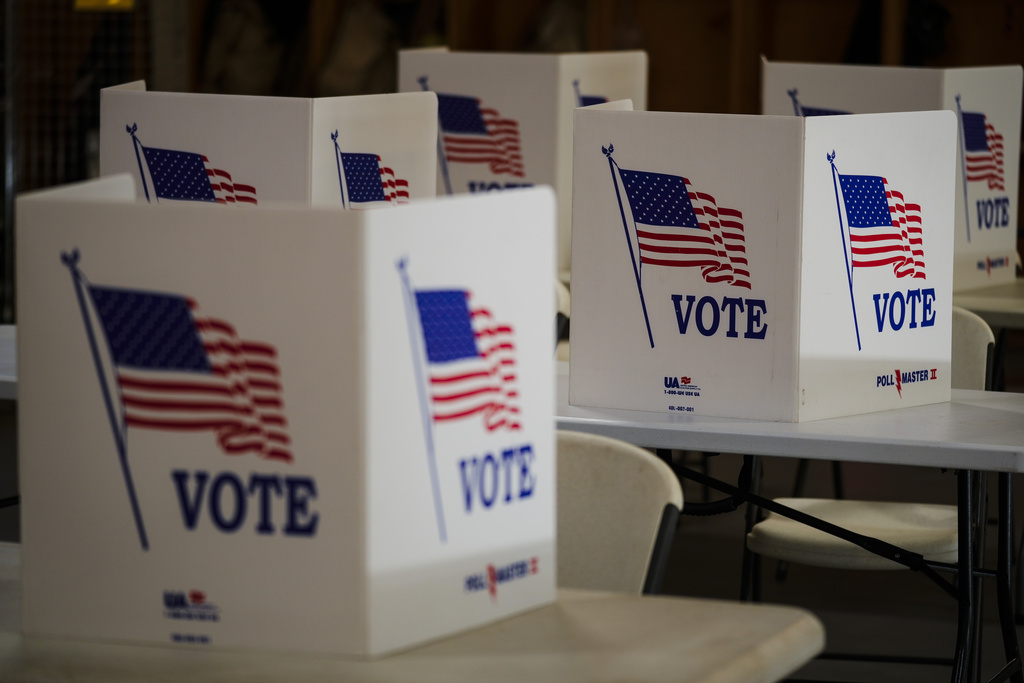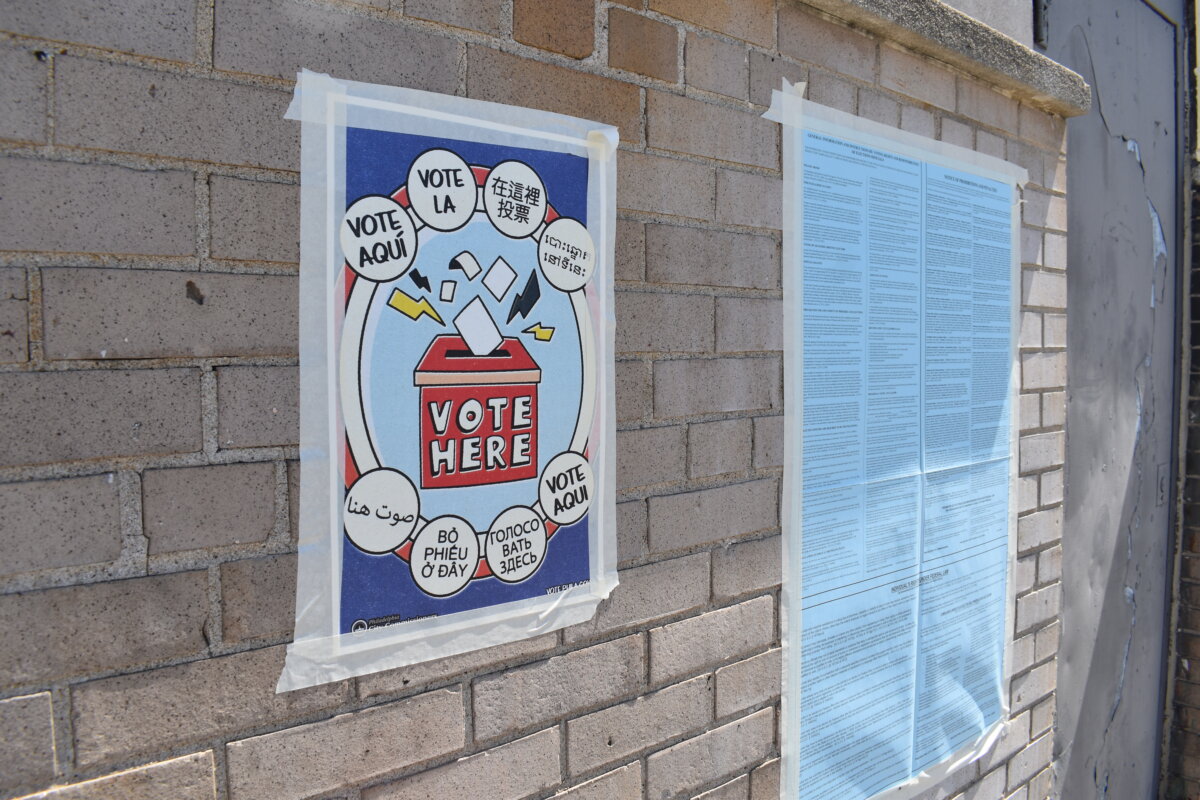By Paul Taylor
WARSAW (Reuters) – NATO leaders will display their resolve towards a resurgent Russia at a summit in Warsaw on Friday despite what many see as a weakening of the West due to Britain’s vote to leave the European Union. U.S. President Barack Obama, attending his last summit of the Western defense alliance before he leaves office next January, will urge European allies to stand firm over Russia’s annexation of Crimea and its support for Russian-speaking rebels in eastern Ukraine. The 28-nation alliance will formally agree to deploy four battalions with 3,000 to 4,000 troops in the Baltic states and eastern Poland on a rotating basis to reassure eastern NATO members of its readiness to defend them. “This is a defining moment for our security,” NATO Secretary-General Jens Stoltenberg told a new conference with Polish President Andrzej Duda on Thursday. “NATO is responding with speed and determination.” Estonia, Latvia, Lithuania and Poland requested a permanent NATO presence amid fears that Moscow could seek to destabilize their pro-Western governments through cyber attacks, stirring up Russian speakers, hostile broadcasting and even territorial incursions. Critics say the NATO plan is a minimal trip wire that might not deter Russian action. The Kremlin denies any such intention and says NATO is the aggressor by moving its borders ever closer onto former Soviet territory which it regards as its sphere of influence.
President Vladimir Putin has made several gestures that seem aimed at defusing tension ahead of the summit, even as Moscow highlights its intention to deploy nuclear-capable missiles in Kaliningrad, a Russian enclave between NATO nations. Putin agreed to a meeting of the NATO-Russia Council next week, the second meeting this year of a consultation body that was put on ice after Moscow’s seizure of Crimea in 2014. Russia allowed a U.N. resolution authorizing the EU to intercept arms shipments to Libya in the Mediterranean, and Putin talked by telephone with Obama in the run-up to the NATO meeting. However, a White House spokesman said they reached no agreement on cooperation in fighting Islamic State militants in Syria during that call on Wednesday.
Outgoing British Prime Minister David Cameron, who announced his intention to resign after losing a referendum last month on EU membership, will seek to underline active commitment to Western security at his final NATO summit, to offset likely concerns about Europe’s biggest military spender leaving the EU. “The backdrop to this summit is the historic decision taken last month to leave the European Union but this summit will be an opportunity for us to demonstrate the enormous contribution that Britain makes to Europe’s and NATO’s security and that we will continue to do so even outside of the EU,” a British government official said. Ironically, the first agenda item at the summit is the signing of an agreement on deeper military and security cooperation between the EU and NATO. The U.S.-led alliance is expected to announce its support for the EU’s Mediterranean interdiction operation. NATO is also supporting EU efforts to choke off a flood of refugees and migrants from Turkey into Greece in conjunction with an EU-Turkey deal to curb migration in return for benefits for Ankara. Host nation Poland sought on the eve of the summit to defuse U.S. and European criticism of its moves to shackle the independent constitutional court by rushing through an amendment to its court law, although critics said it did not address the main concerns. The European Commission is conducting an official investigation into the rule of law in Poland over the issue. (Additional reporting by Wiktor Szary and Robin Emmott in Warsaw and Elizabeth Piper in Lodon; Writing by Paul Taylor; Editing by Hugh Lawson)
NATO leaders to show resolve towards Russia despite Brexit

By Paul Taylor


















